Windows 2000 turns 25 years old. Here's a look back at the OS of the millennia
"Built on NT technology"
2 min. read
Published on
Read our disclosure page to find out how can you help MSPoweruser sustain the editorial team Read more
Key notes
- Windows 2000 aimed to unify Microsoft’s operating systems for both consumers and professionals.
- The pricing for Windows 2000 was relatively high at launch.
- Windows XP succeeded Windows 2000, integrating its stability with a more user-friendly interface.
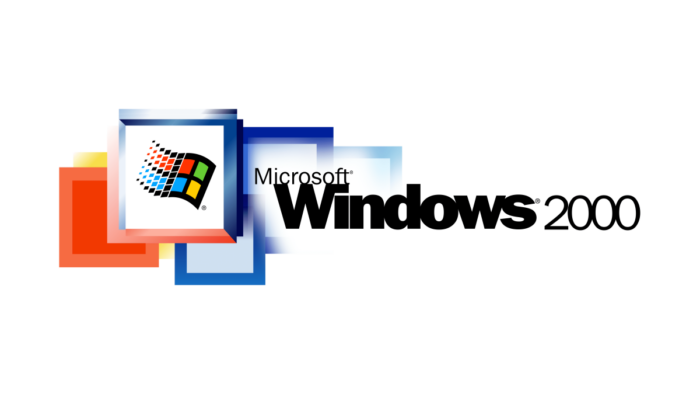
Windows 2000 is now turning 25, and what’s a better time to take a bit of nostalgia train to Microsoft’s operating system of the millennia?
At that time, Microsoft wanted to unify its operating system families for both consumers and professionals and cater to the growing demands of enterprise computing. Because there were OS like Windows 98/Windows ME for consumers and Windows NT 4.0 for professionals, and, well, the Redmond tech giant does have a confusing trend when naming their products.
A lot of things propelled the Windows 2000 launch. Back in the late 1990s and the early 2000s, we saw a rapid growth in internet adoption. Everybody wanted to make the next best thing, and Windows 2K was that. Built on the Windows NT kernel, it was more stable than the DOS-based Windows like Windows 95/98.
But still, Windows 2K was quite pricey at that time. For the “Professional” version, it was around $319 for a full version and $149 for an upgrade. Then, for Windows 2000 Server, it was around $999 while the more robust Datacenter server had a price tag of $3,999.
To put more into the context, Windows XP Home Edition was “only” $199 for the full version. And now, we can even get Windows 11 as a free upgrade from Windows 10, but for purchasing new licenses, it’s around $139 for the Home edition. And these are not even an apple-to-apple comparison if we haven’t put inflation into the equation.
But, is it fair to call Windows 2000 a commercial suicide, though? Not really. Sure, it did lack some multimedia features popular in Windows 98 and later in Windows ME, but it paved the way for Windows XP, arguably the best Windows there ever was.
Windows 2000 was a stable and more secure solution at that time, but was eventually phased out as Windows XP which gave a more unified and professional experience. Mainstream support for Windows 2000 ended in 2005, with extended support continuing until 2010.

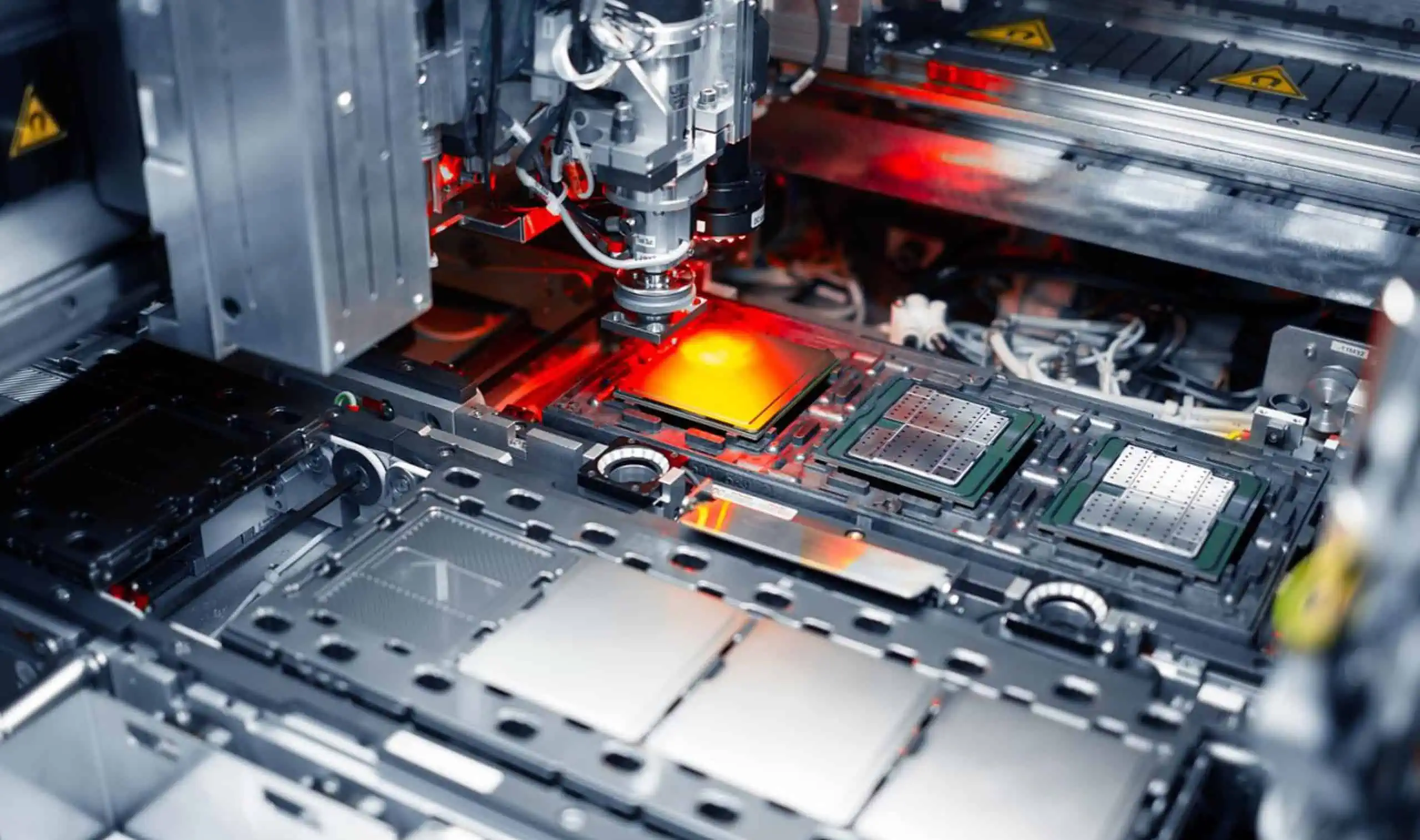
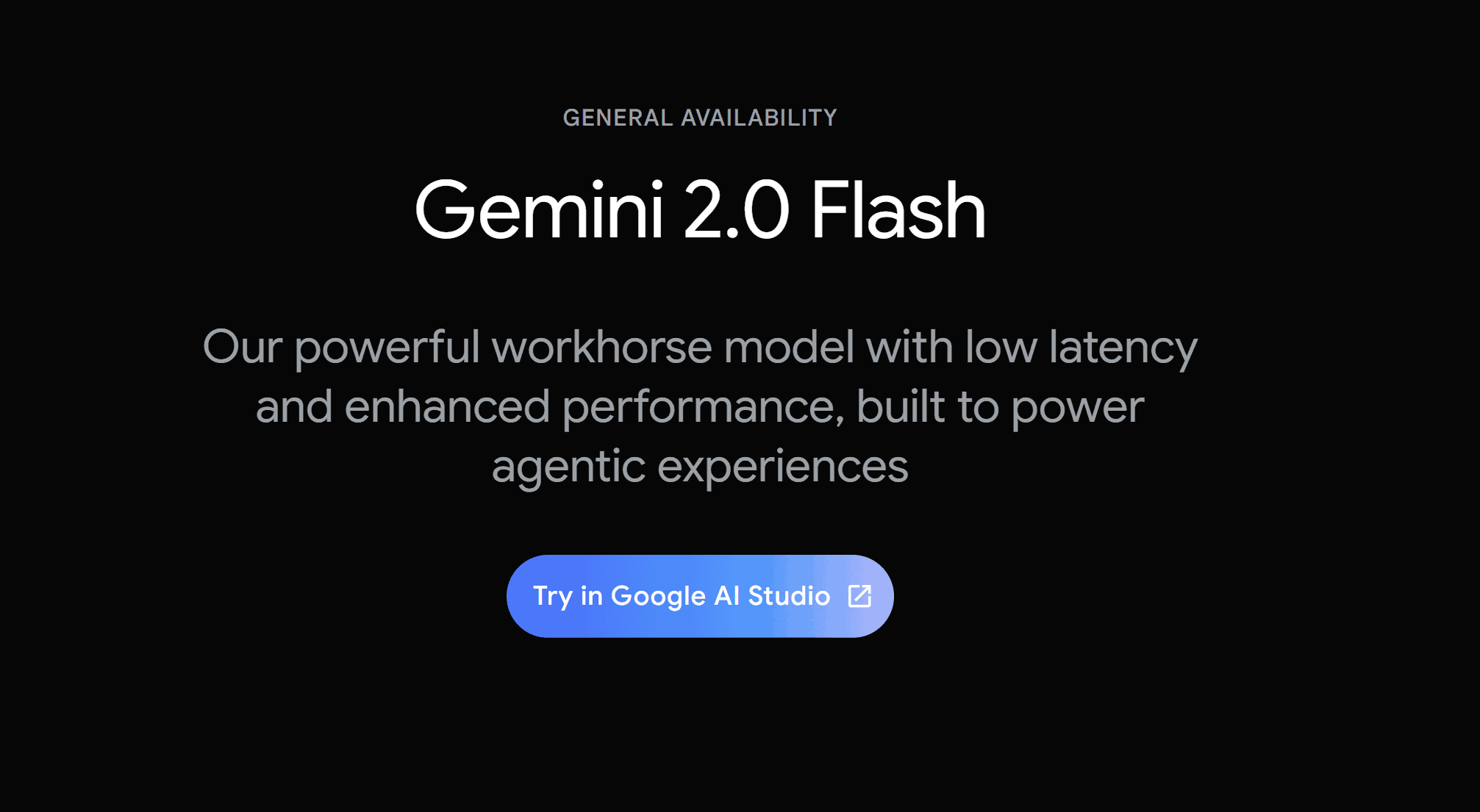
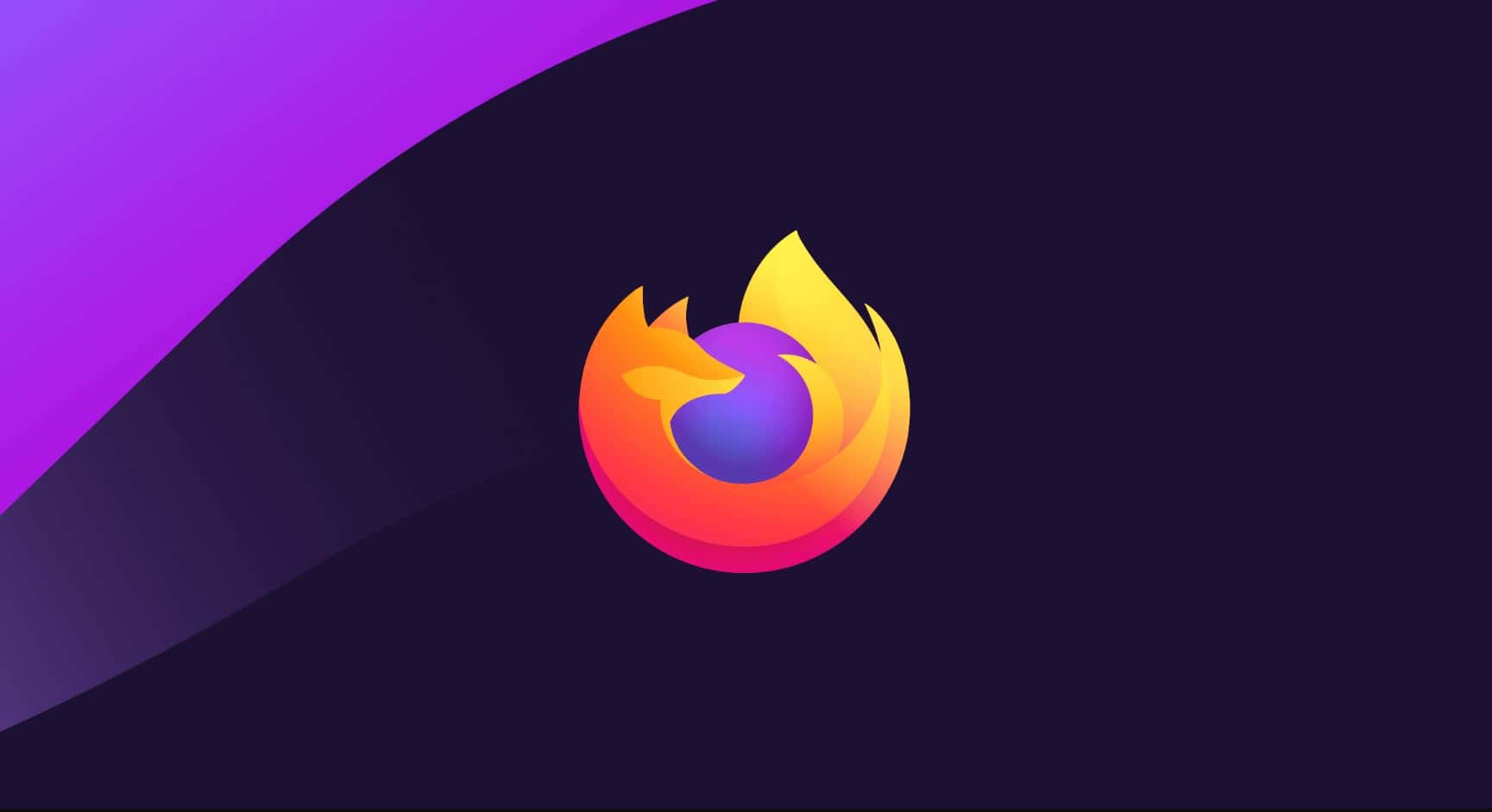
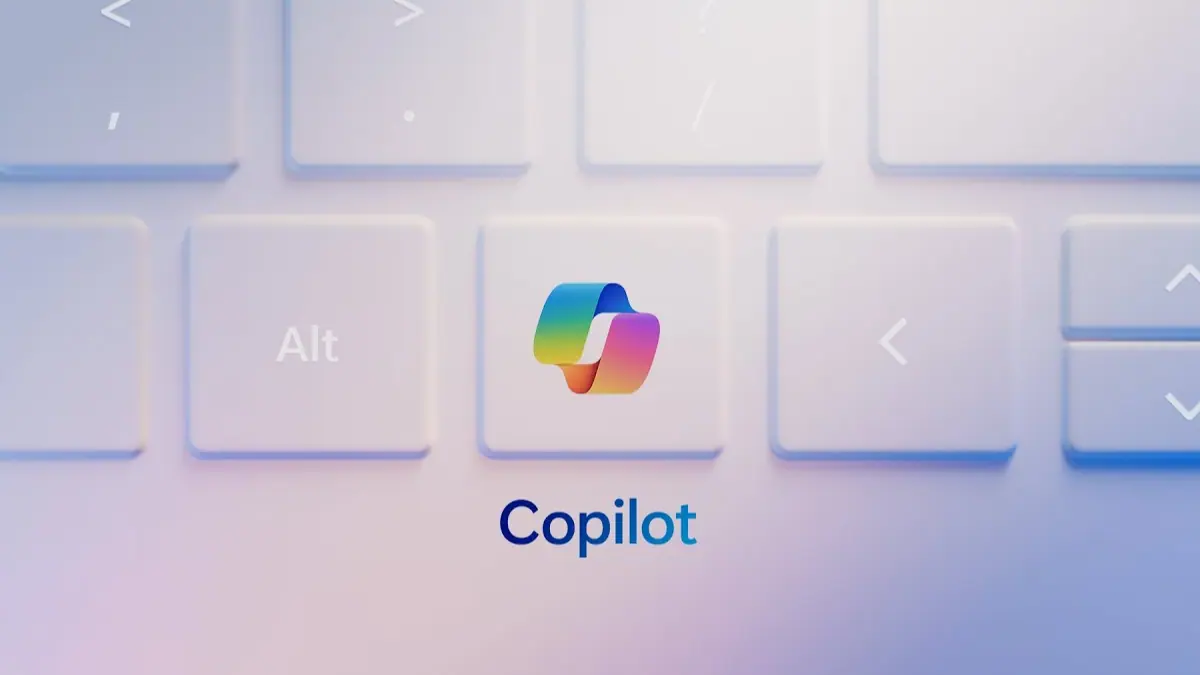
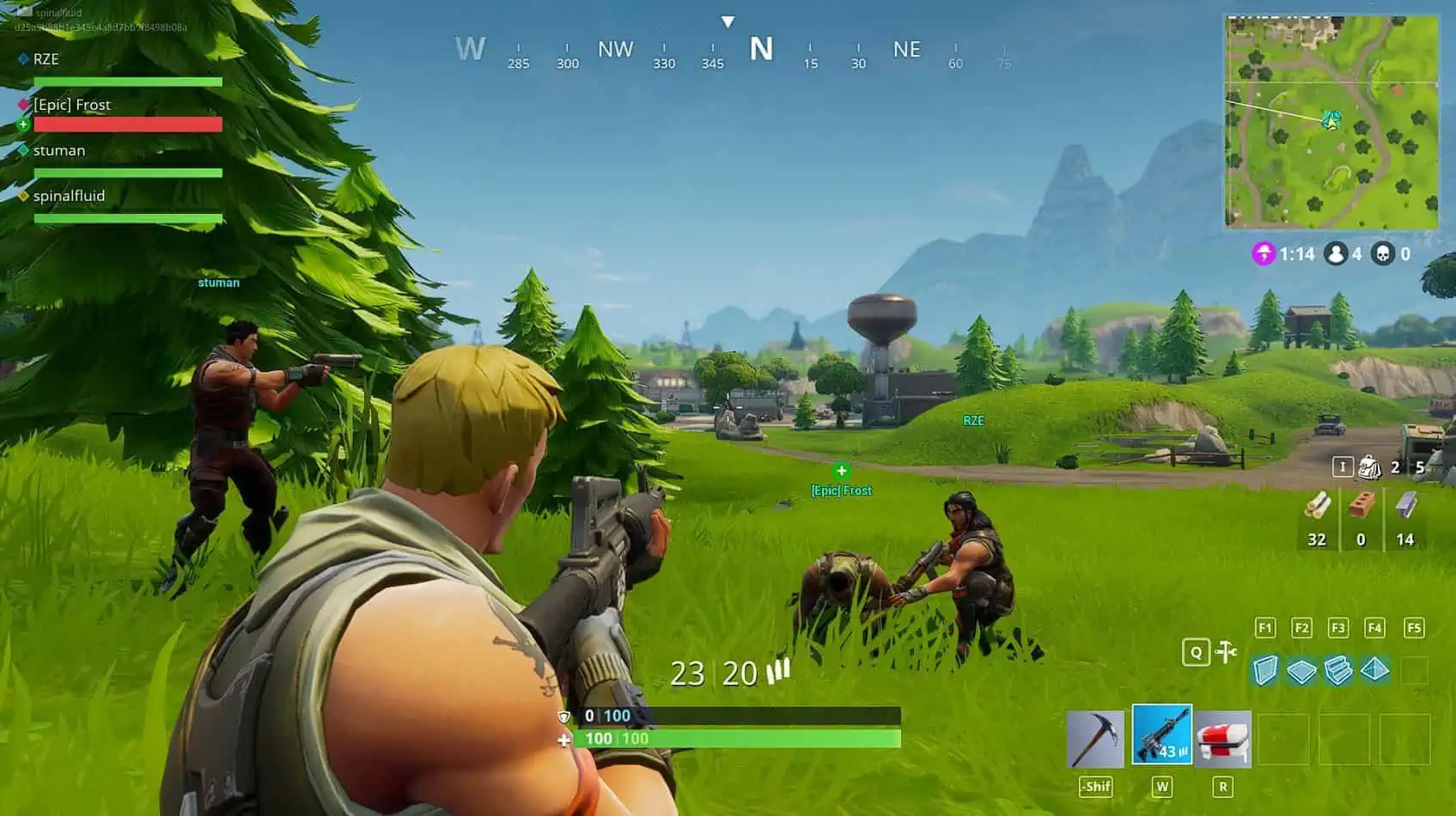
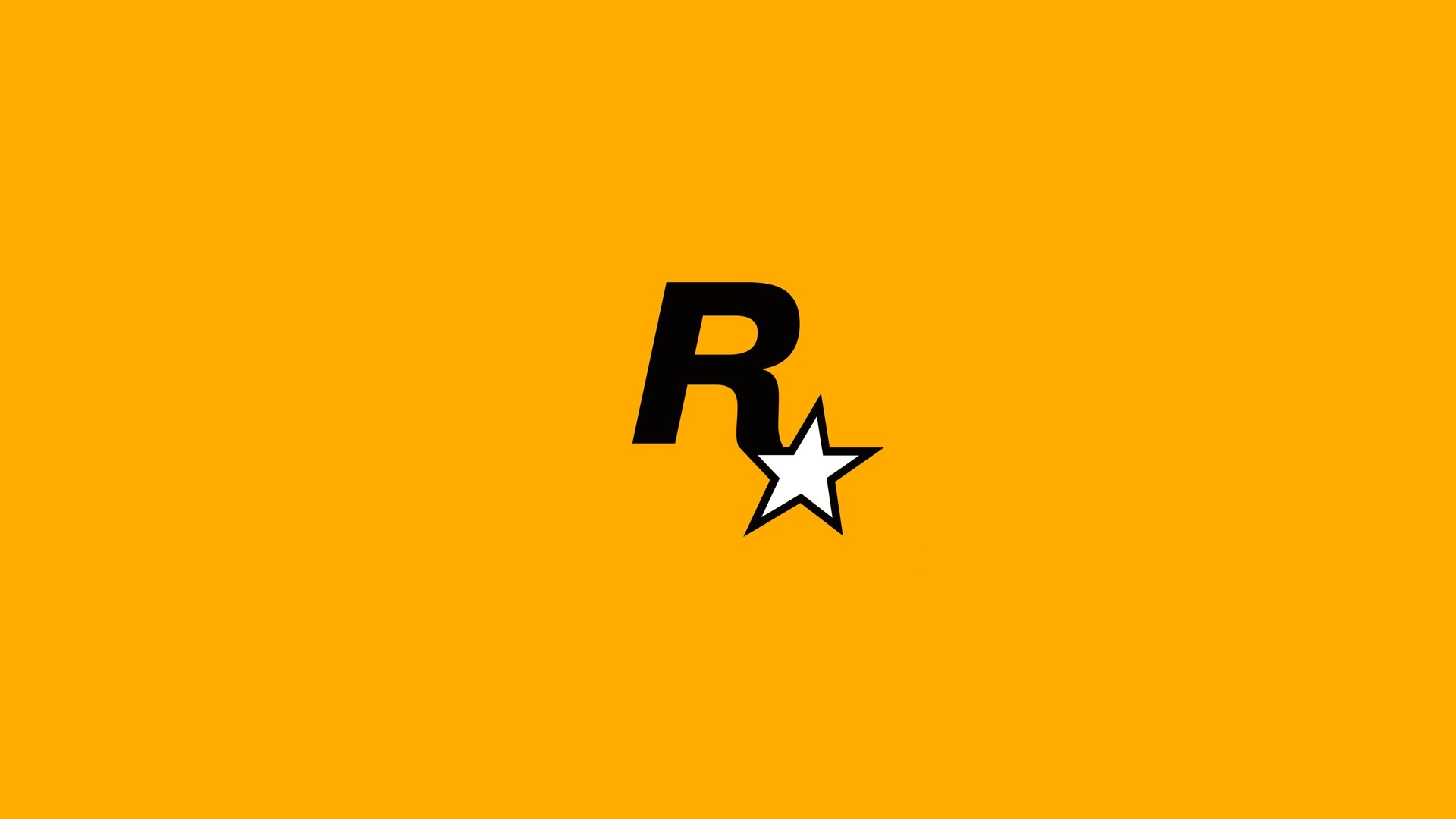
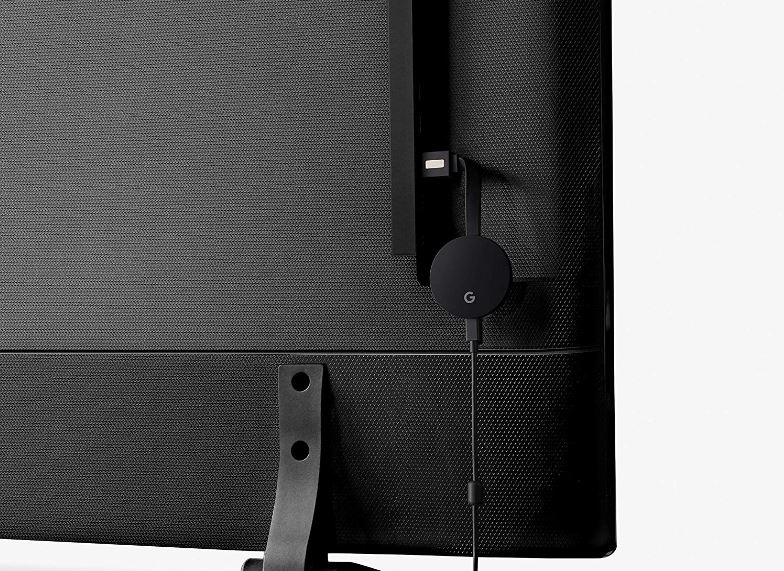
User forum
0 messages